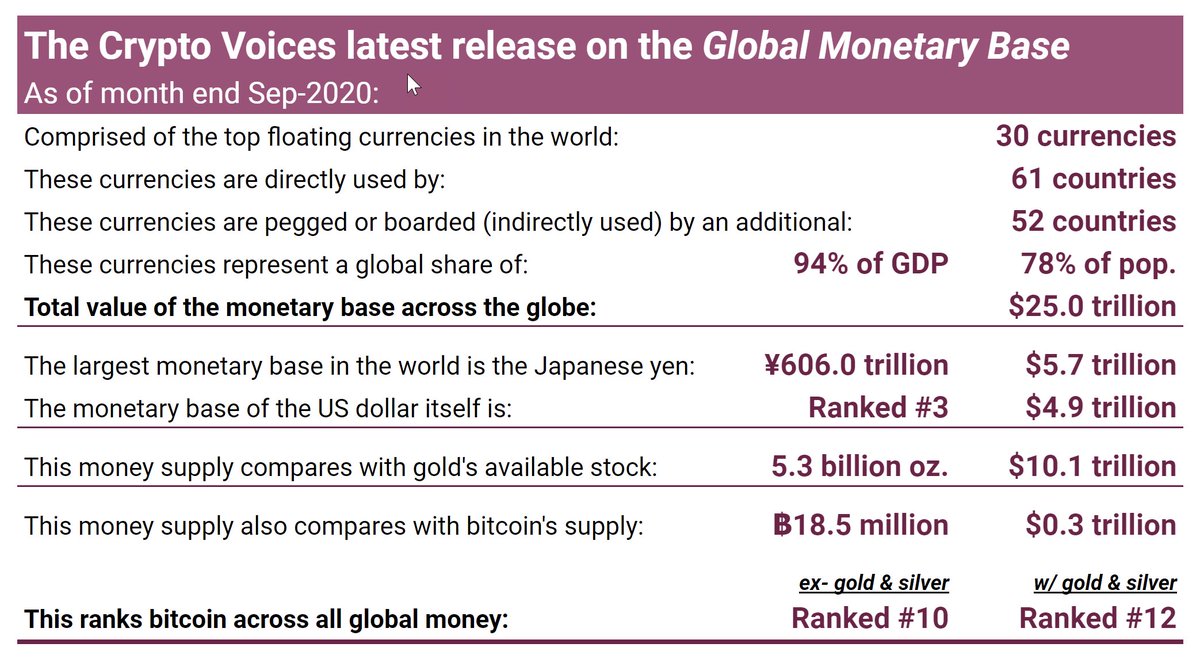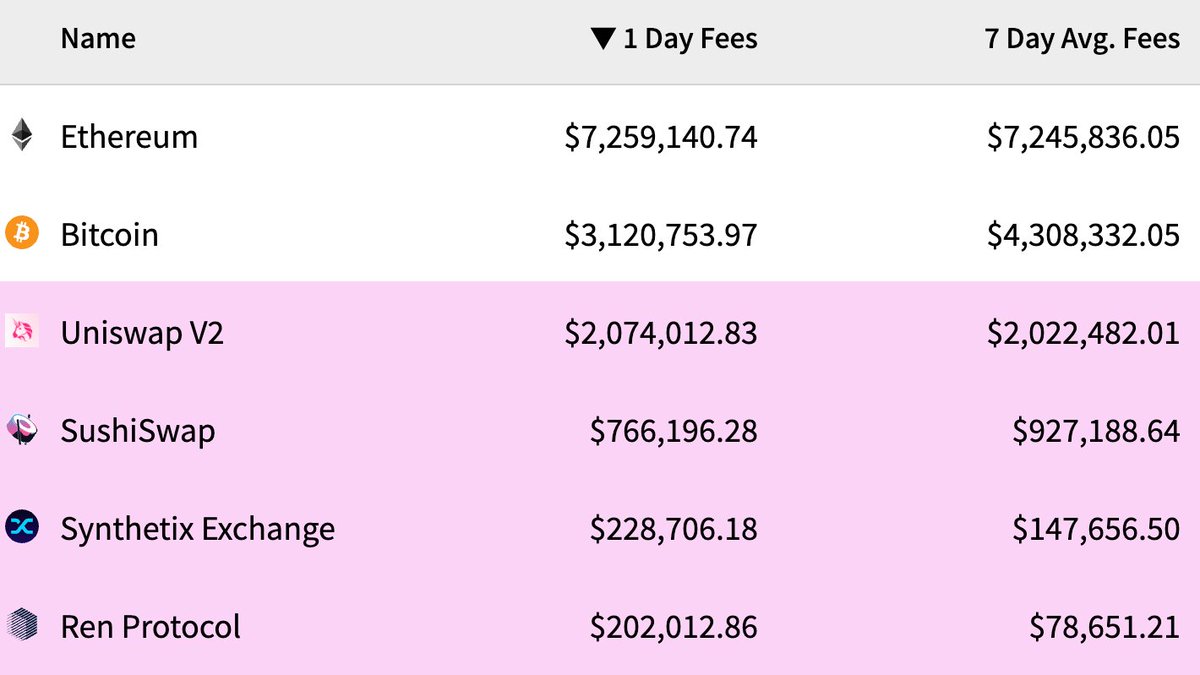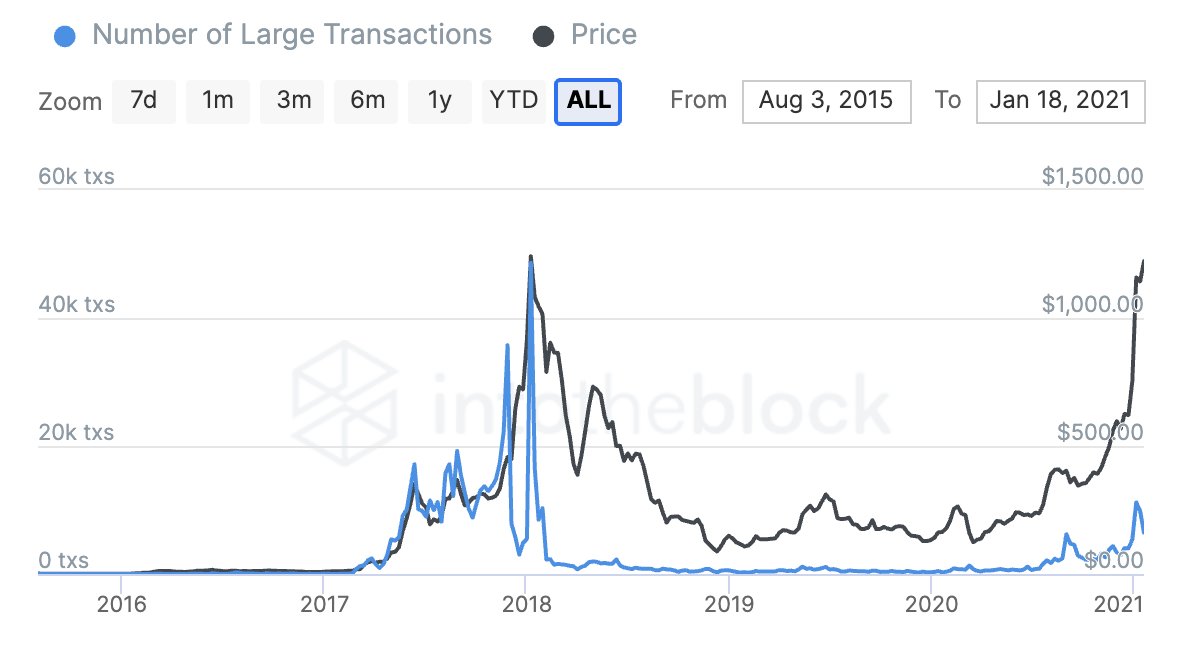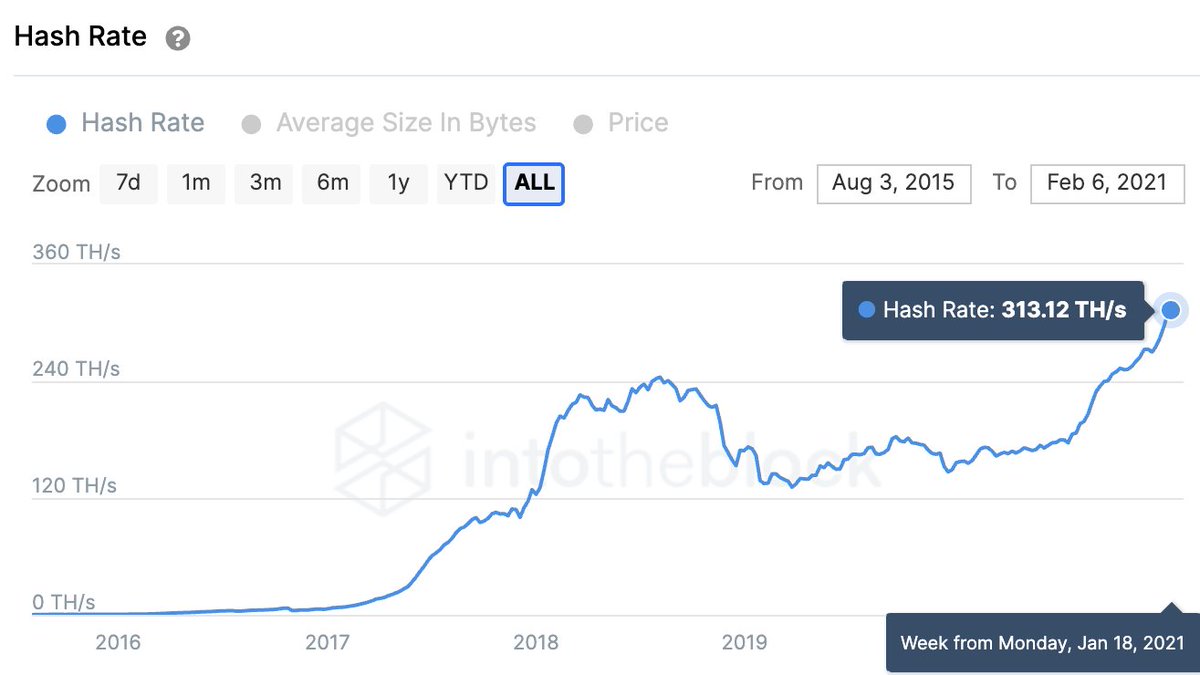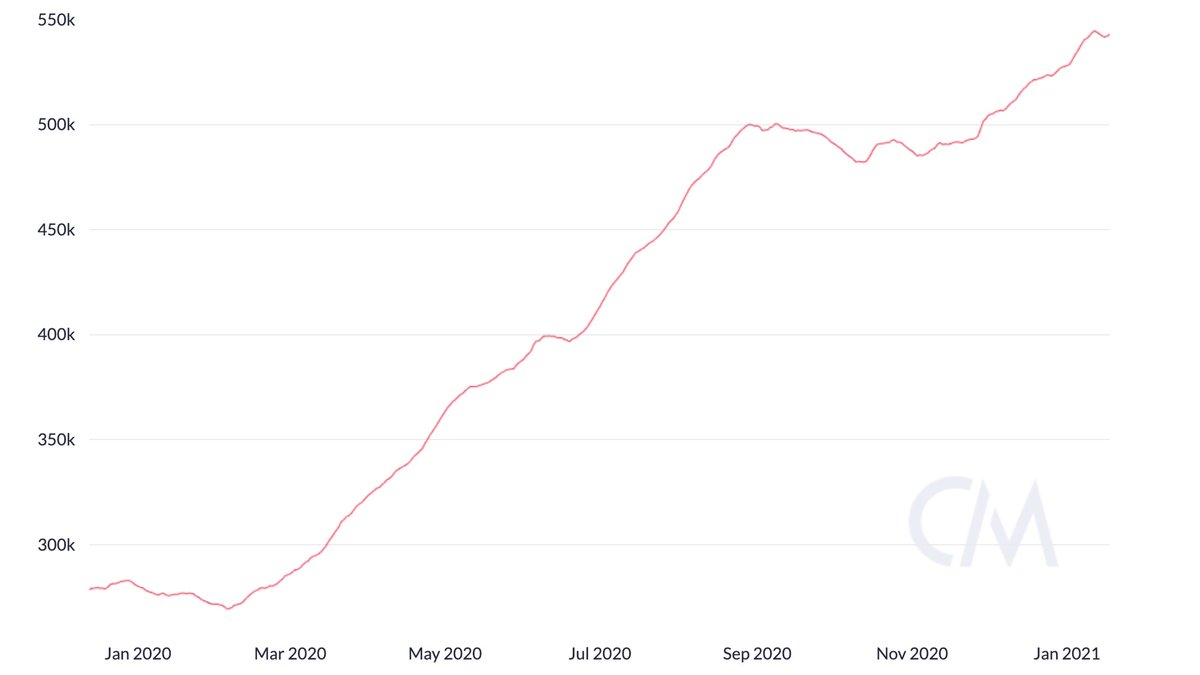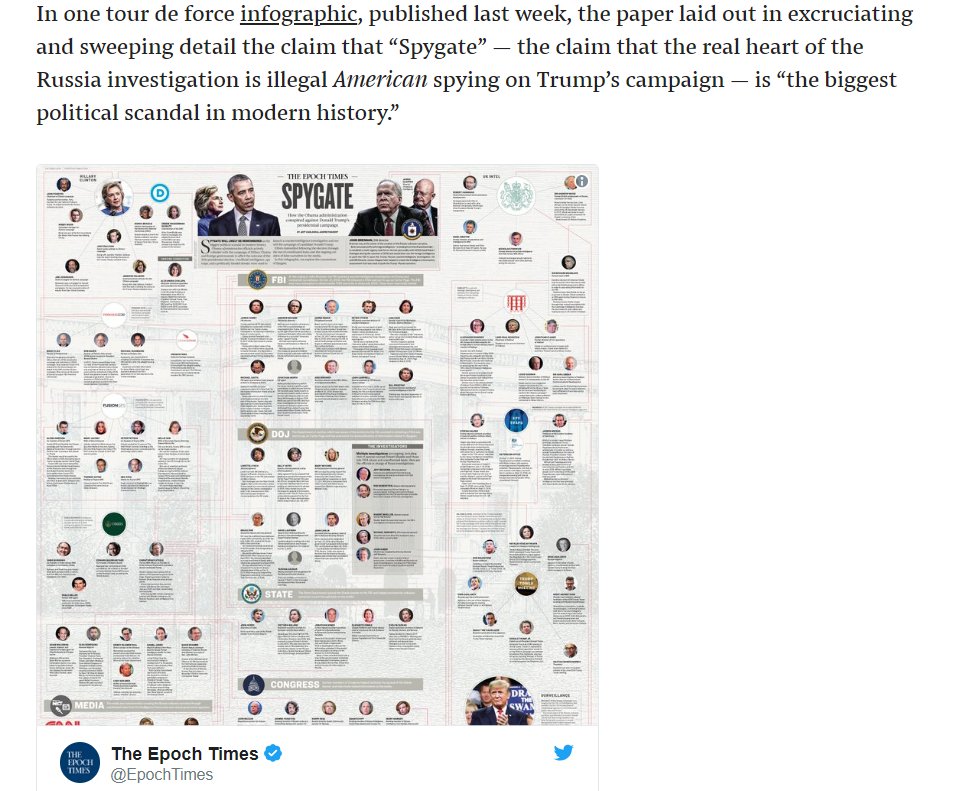As a result, they *can't* compete when BSV achieves higher usage than they can support.
What will it actually take for BSV to succeed?
One big thing, or many small things.
As a result, they *can't* compete when BSV achieves higher usage than they can support.
First, BSV must be able to scale. So far, it looks like the software can handle scale pretty nicely, and folks are working on further improving it.
Second, people must actually use BSV. Adoption. This also drives miners to scale, too.
One big thing, or many small things... Using BSV to work.
See, if we get one large volume business sustainably using BSV, or many small volume businesses doing so, BSV wins.
The "costly revenue" will arise on BSV, so only miners who work will earn it, while the "cheap revenue" will remain on BTC/BCH.
BSV miners will earn both cheap and costly revenue.
Hashing is only one form of Proof of Work in Bitcoin.
There's also compiling and validating transactions, hashing them into the Merkle tree, and communicating with the other miners.
Only BSV miners will maximize profits.
And with that in mind, which coin do you think they'll be more likely to sell, the cheap one, or the costly one?
That gives me incentives to maximize the value of the costly one, because I'll have higher market share.
With one big business using BSV, or many small ones.
But you know what...?

I want to encourage everyone to use BSV, not just one big business, or some small businesses.
Everyone.
I want BSV to win within the next five years.
And that is absolutely within the realm of possibility.
The more ways users have to earn BSV, the more commerce can happen on BSV.
The more ways consumers can use BSV, the more valuable BSV becomes.
The more folks we have building now, the more folks will be attracted to BSV tomorrow. Then, the more will be attracted the day after that.
It's a compounding effect.
More from Crypto
You May Also Like
THE MEANING, SIGNIFICANCE AND HISTORY OF SWASTIK
The Swastik is a geometrical figure and an ancient religious icon. Swastik has been Sanatan Dharma’s symbol of auspiciousness – mangalya since time immemorial.

The name swastika comes from Sanskrit (Devanagari: स्वस्तिक, pronounced: swastik) &denotes “conducive to wellbeing or auspicious”.
The word Swastik has a definite etymological origin in Sanskrit. It is derived from the roots su – meaning “well or auspicious” & as meaning “being”.

"सु अस्ति येन तत स्वस्तिकं"
Swastik is de symbol through which everything auspicios occurs
Scholars believe word’s origin in Vedas,known as Swasti mantra;
"🕉स्वस्ति ना इन्द्रो वृधश्रवाहा
स्वस्ति ना पूषा विश्ववेदाहा
स्वस्तिनास्तरक्ष्यो अरिश्तनेमिही
स्वस्तिनो बृहस्पतिर्दधातु"

It translates to," O famed Indra, redeem us. O Pusha, the beholder of all knowledge, redeem us. Redeem us O Garudji, of limitless speed and O Bruhaspati, redeem us".
SWASTIK’s COSMIC ORIGIN
The Swastika represents the living creation in the whole Cosmos.

Hindu astronomers divide the ecliptic circle of cosmos in 27 divisions called https://t.co/sLeuV1R2eQ this manner a cross forms in 4 directions in the celestial sky. At centre of this cross is Dhruva(Polestar). In a line from Dhruva, the stars known as Saptarishi can be observed.
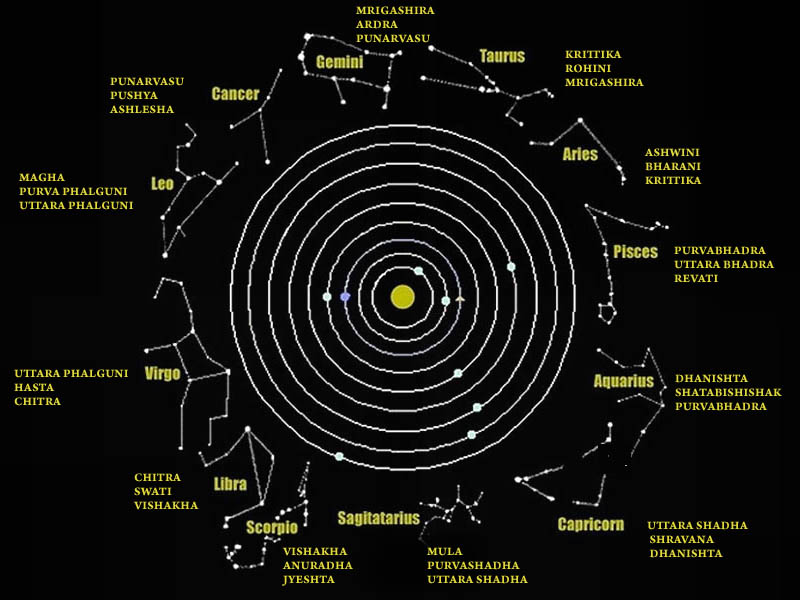
The Swastik is a geometrical figure and an ancient religious icon. Swastik has been Sanatan Dharma’s symbol of auspiciousness – mangalya since time immemorial.

The name swastika comes from Sanskrit (Devanagari: स्वस्तिक, pronounced: swastik) &denotes “conducive to wellbeing or auspicious”.
The word Swastik has a definite etymological origin in Sanskrit. It is derived from the roots su – meaning “well or auspicious” & as meaning “being”.

"सु अस्ति येन तत स्वस्तिकं"
Swastik is de symbol through which everything auspicios occurs
Scholars believe word’s origin in Vedas,known as Swasti mantra;
"🕉स्वस्ति ना इन्द्रो वृधश्रवाहा
स्वस्ति ना पूषा विश्ववेदाहा
स्वस्तिनास्तरक्ष्यो अरिश्तनेमिही
स्वस्तिनो बृहस्पतिर्दधातु"

It translates to," O famed Indra, redeem us. O Pusha, the beholder of all knowledge, redeem us. Redeem us O Garudji, of limitless speed and O Bruhaspati, redeem us".
SWASTIK’s COSMIC ORIGIN
The Swastika represents the living creation in the whole Cosmos.

Hindu astronomers divide the ecliptic circle of cosmos in 27 divisions called https://t.co/sLeuV1R2eQ this manner a cross forms in 4 directions in the celestial sky. At centre of this cross is Dhruva(Polestar). In a line from Dhruva, the stars known as Saptarishi can be observed.




